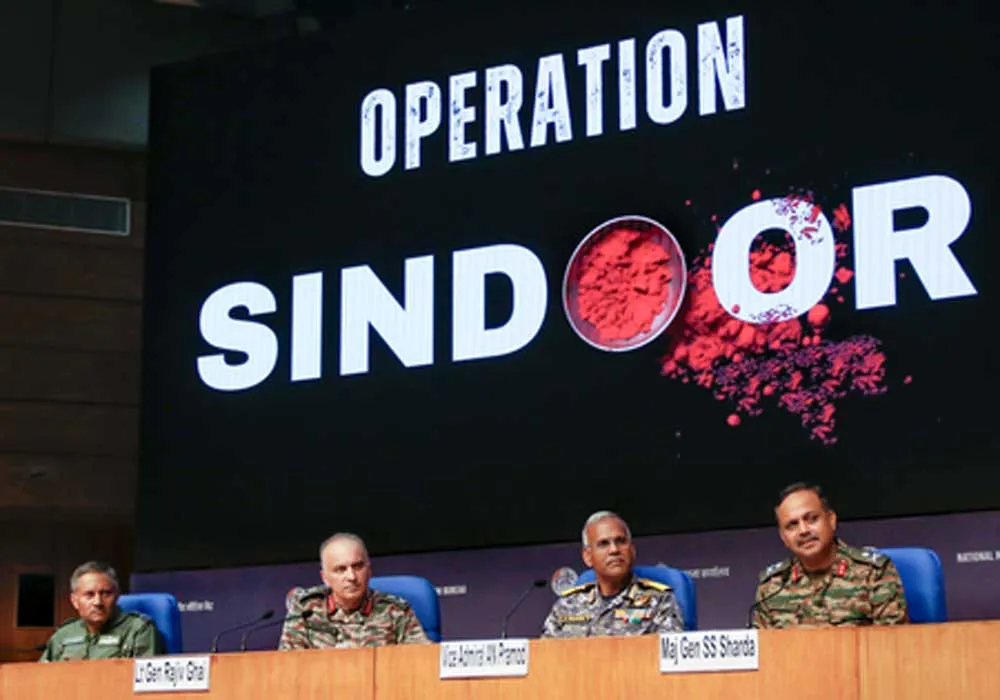In a recent development, media reports have caused a stir by misquoting a presentation made by India’s Defence Attache in Indonesia. The Indian embassy in Jakarta has now clarified that the comments made by Captain Shiv Kumar during a seminar on Operation Sindoor were taken “out of context,” leading to misunderstanding and confusion.
Table of Contents
What Happened?
Captain Shiv Kumar, the Defence Attache at the Indian Embassy in Indonesia, delivered a presentation at an Indonesian university about India’s military response during the initial phase of Operation Sindoor. This operation, India has always stated, was aimed at dismantling terrorist infrastructure deep inside Pakistan after the tragic terror attack in Jammu and Kashmir’s Pahalgam, which killed 26 tourists.
The embassy has now responded to the media reports that misrepresented the Defence Attache’s words. According to the embassy, the media’s interpretation of the presentation was incorrect, and the key message was distorted.
The Clarification from the Embassy
In an official statement posted on X (formerly Twitter), the Indian embassy in Indonesia explained the situation. The embassy emphasized that Captain Shiv Kumar’s remarks were misunderstood. The core message of his presentation was that the Indian Armed Forces operate under civilian political leadership, unlike some neighbouring countries. This was an important point to stress, as it speaks to the democratic structure of India’s military system.
Furthermore, the embassy clarified that the aim of Operation Sindoor was to target terrorist infrastructure, not to escalate tensions. The response, the embassy pointed out, was “non-escalatory,” which means India did not intend to provoke a larger conflict but rather focused on dismantling the terror network.
The Political Response
Despite the embassy’s clarification, the opposition Congress party took the opportunity to criticize the ruling BJP government. They accused the government of “misleading” the nation and playing with public sentiment. According to Congress, the defence attache’s words, when taken out of context, painted a different picture of India’s military operations and strategy.
The Congress party also raised concerns about the government’s handling of sensitive information and communication, questioning whether such remarks should have been made publicly in the first place.
What Does This Mean for Media and Diplomacy?

This incident brings attention to the critical role of media in shaping public understanding of diplomatic and military affairs. A single misquoted remark can lead to confusion, stir political tensions, and even create diplomatic challenges. As the Indian embassy has pointed out, context is key, and taking remarks out of context can cause unnecessary misunderstandings.
This also highlights the responsibility of both the media and diplomats in ensuring accurate and clear communication, especially on sensitive matters like military operations. In today’s fast-paced world of news, where stories spread rapidly across platforms, careful reporting and transparency become essential in maintaining credibility and trust.














